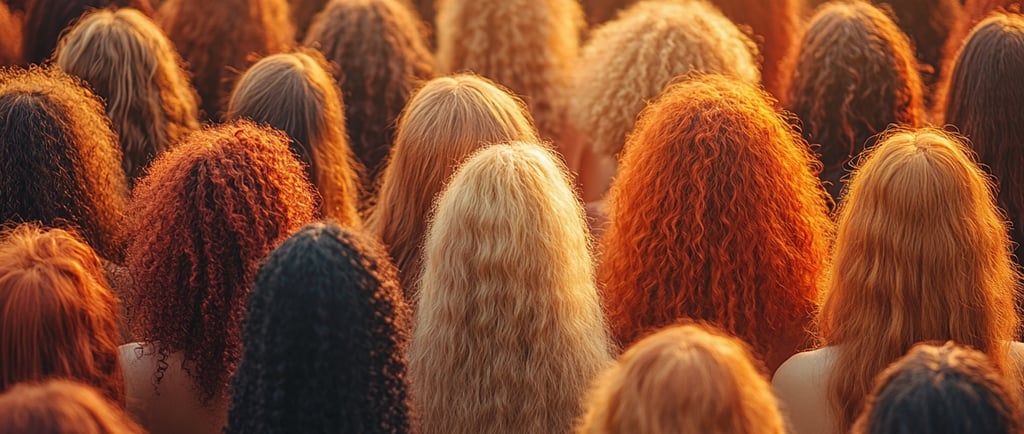Amplifying Our Voices: Exploring the impact of African Creativity in the United Kingdom
This blog post celebrates the rich tapestry of African artistic expression in the UK. We'll feature interviews with emerging and established African artists, spotlighting their work across various disciplines – from visual arts and music to literature and performance. Discover inspiring stories, gain insights into the creative process, and connect with a community that's shaping the future of African arts in the UK.
Art By Africans Team
10/8/20243 min read


Amplifying Our Voices: Exploring the Impact of African Creativity in the UK
The creative contributions of African artists, musicians, writers, and designers have profoundly shaped the UK’s cultural landscape. From fashion and music to visual arts and literature, African creativity continues to inspire, challenge, and transform mainstream narratives. Yet, despite its growing influence, African artistry in the UK still faces unique challenges in terms of visibility, access, and fair representation. This article explores the powerful impact of African creativity in the UK and how artists can continue amplifying their voices in a competitive industry.
The Rise of African Creativity in the UK
The UK has long been home to a thriving African diaspora, and with it comes a deep well of artistic talent. Over the years, African creativity has increasingly found space in mainstream culture, largely due to the global appeal of Afrobeats, contemporary African art, and diasporic storytelling.
Music festivals like Afro Nation UK and Afronation Festival highlight the increasing demand for African music. Afrobeats artists such as Burna Boy, Wizkid, and Tiwa Savage have taken British stages by storm, proving that African sound is no longer a niche genre but a dominant force in global music. Additionally, UK-born artists of African descent, like Little Simz and Stormzy, have blended African influences into their work, creating a powerful fusion of heritage and modernity.
In the world of fashion, African designers are redefining global trends. Brands like Kenneth Ize, Lisa Folawiyo, and Duro Olowu have introduced UK audiences to vibrant African aesthetics, weaving cultural heritage into contemporary designs. Africa Fashion Week London has become a major platform for showcasing African talent and proving that African fashion is not just a trend, but a movement.
The Role of African Artists in Shaping British Culture
The influence of African creativity extends beyond entertainment—it plays a crucial role in shaping conversations around identity, history, and social change in the UK. Writers like Chimamanda Ngozi Adichie, Bernardine Evaristo, and Caleb Azumah Nelson have used literature to explore themes of race, migration, and belonging, sparking important dialogues about the Black British experience.
Visual arts also serve as a powerful medium for African voices. Artists such as Yinka Shonibare CBE and Njideka Akunyili Crosby create thought-provoking works that challenge Eurocentric perspectives and highlight the complexity of African identities. Major UK galleries, including Tate Modern and The Southbank Centre, have increasingly featured African artists, signaling a shift towards greater inclusivity in the art world.
Challenges and Barriers to Visibility
Despite its growing presence, African creativity in the UK still faces obstacles. Many African artists struggle with funding, limited access to mainstream platforms, and the pressure to conform to Western tastes. The creative industry, while evolving, often places African art in the “ethnic” or “niche” category rather than recognizing its universal appeal.
Moreover, systemic barriers mean that African artists are underrepresented in leadership roles within the arts and media industries. Breaking into these spaces requires persistence, advocacy, and intentional efforts from both institutions and artists themselves.
How African Creatives Can Amplify Their Voices
For African artists in the UK, visibility and impact require strategic action. Here are ways to ensure African creativity continues to thrive and gain the recognition it deserves:
1. Build Strong Networks and Collaborations
Networking is crucial in any creative field. African artists can benefit from joining collectives, attending industry events, and collaborating with fellow creatives. Platforms like Black British Artists Network, Creative Access, and Black Cultural Archives provide valuable connections and opportunities for African creatives to showcase their work.
2. Leverage Digital Platforms
Social media and digital platforms have given African artists unprecedented access to global audiences. Instagram, YouTube, TikTok, and Twitter serve as powerful tools for promotion and engagement. Additionally, platforms like Spotify, SoundCloud, Behance, and Patreon help artists monetize their work and reach new audiences beyond the UK.
3. Advocate for Representation and Inclusion
Artists must continue advocating for greater representation in galleries, festivals, publishing, and broadcasting. Speaking up about underrepresentation, demanding more inclusive programming, and supporting organizations that champion African artistry can help create long-term industry change.
4. Seek Funding and Grants
Financial support is a common challenge for African artists, but numerous grants and funding bodies exist to support their work. Organizations such as Arts Council England, Prince Claus Fund, and the British Council provide grants for creative projects, residencies, and exhibitions. Understanding how to apply for funding and seeking mentorship can make a significant difference.
5. Stay Authentic and Celebrate African Heritage
One of the most powerful aspects of African creativity is its authenticity. Rather than conforming to Western standards, African artists should embrace their cultural heritage and unique perspectives. Authenticity resonates with audiences and ensures longevity in the industry.
The Future of African Creativity in the UK
The influence of African creativity in the UK is undeniable, and its future looks promising. As more African artists break barriers and redefine narratives, the UK creative industry must continue to evolve, making space for diverse voices and stories.
With increased advocacy, strategic networking, and digital innovation, African artists can further amplify their voices and solidify their place in British culture. The journey may still be challenging, but the impact of African creativity in the UK is undeniable and here to stay.
Culture
Celebrating African art and heritage through creativity.
CONTACT
Heritage
Suite 2/3
48 West George Street
Glasgow
United Kingdom
G2 1BP
Mon - Fri. | 10 am - 4 pm
ask@artbyafricans.org
© All rights reserved.
